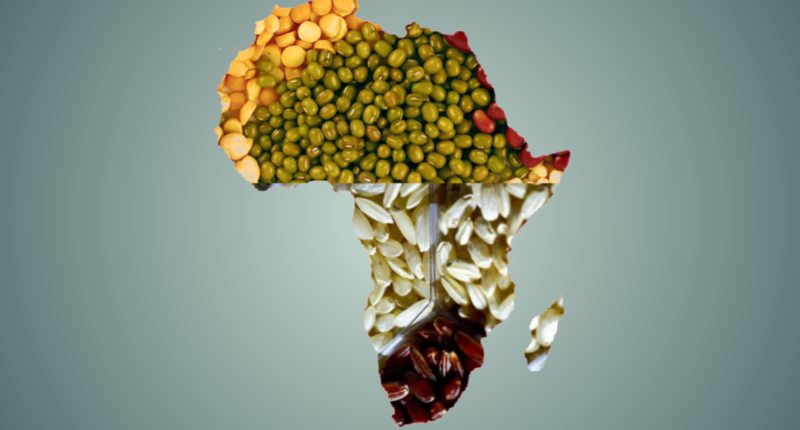Hunger is at alarming levels in five countries, according to the 2022 GHI: Central African Republic, Chad, the Democratic Republic of the Congo, Madagascar, and Yemen, and is provisionally considered worrying in four more: Burundi, Somalia, South Sudan, and Syria.
A Hunger pandemic
The first six months of 2022 saw a lot of countries in the continent battling a crippling food crisis. While the horn of Africa battled with devastating droughts, other areas battled with floods that washed away farmlands.
The impact of the aforementioned on the continent’s food systems was exacerbated by the Russia-Ukraine conflict, which began in February 2022.
The conflict manifested itself in two ways. First, there was a rapid increase in input prices, mostly for seeds, fertilizers, and fuel, which hampered the ability to produce food, particularly for small-scale and subsistence farmers who lack adequate resources.
Second, the conflict made it impossible to import critical commodities such as wheat, maize, and sunflower oil due to high shipping costs and delays, as well as export bans imposed by major agricultural exporting countries. As a result, food costs have risen, leaving many Africans unable to buy basic foods.
An import dependent economy
Madagascar, Mauritius, and the Seychelles Even countries such as South Africa, which can produce food and is far more food secure than the rest of the continent, rely on imports for palm oil, rice, and wheat. The unpredictability of input prices, notably for fuel, limits the general population’s access to food throughout the region.
Any solution?
The continent leaders need to focus on building a sustainable and local food chain across the continent.
This can be done by-
- Improving local production. This will create an alternative to importation.
- Focusing on homegrown methods and alternatives to most imported food materials.
- African countries must create open trade policies in order to boost intra-African commerce as well as regional value chain integration and growth, as well as to capitalize on opportunities presented by the new African Continental Free Trade Area.
- Improving food storage, preservation, and processing technology. This will improve food safety, eliminate wastage, and encourage more production which can then be preserved for out-of-season purchases.
- Engage in climate change policies that will mitigate the effects of the change on the food production process.

